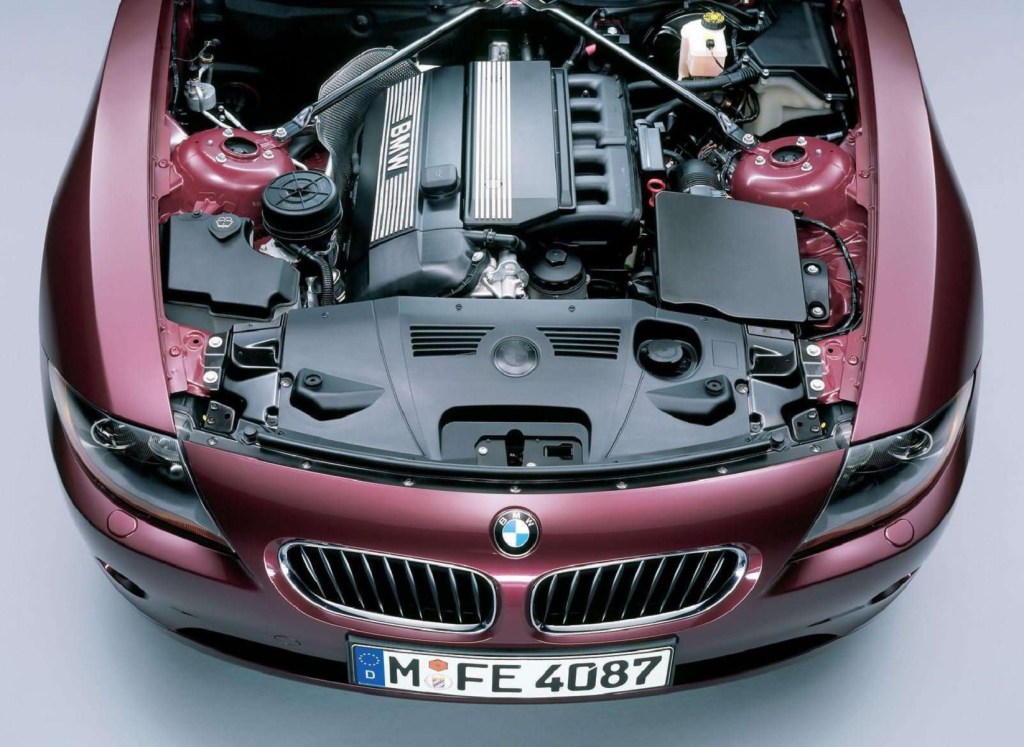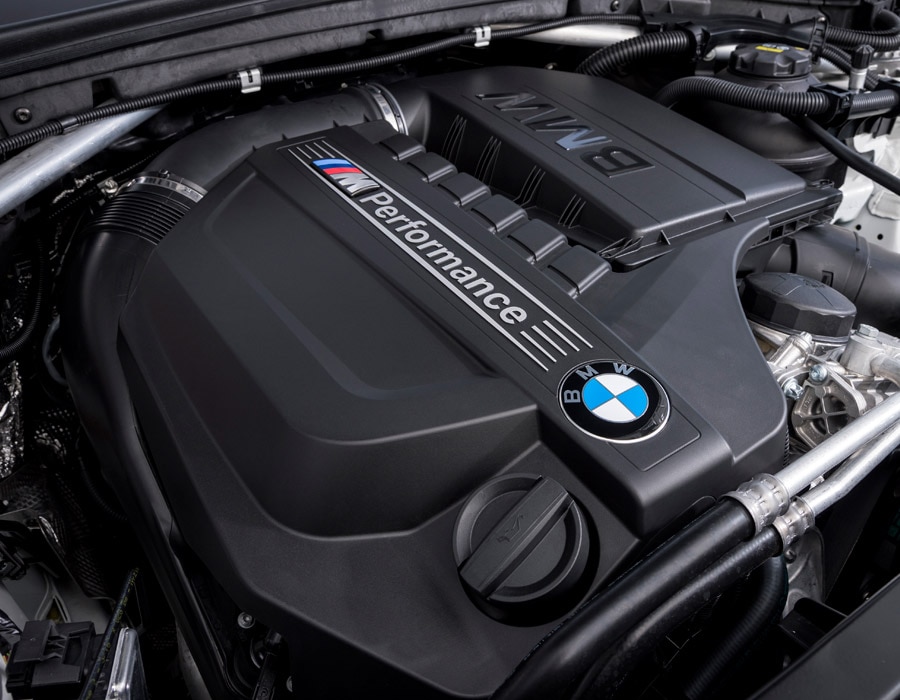A Comprehensive Guide to Comprehending BMW Engine Specs
A Comprehensive Guide to Comprehending BMW Engine Specs
Blog Article
Revealing the Intricacies of Next-Generation Power Units: a Deep Study Advanced Engine Designs and Innovations
As we stand on the precipice of a new era in transport, the intricacies of next-generation engine styles bid us to check out the cutting-edge modern technologies and innovations that assure to redefine the driving experience. Delving much deeper into the realms of emission control, intelligent engine administration systems, and the horizon of power unit advancement, we find ourselves on the cusp of a change that guarantees to improve the landscape of mobility as we understand it.
Development of Engine Materials

The shift in the direction of progressed engine materials has actually additionally made it possible for engineers to create engines with greater power results while maintaining gas efficiency criteria. As an example, the use of light-weight materials decreases the total weight of the engine, resulting in boosted fuel economic climate and reduced exhausts. Additionally, innovations in materials technology have enabled much better thermal monitoring within engines, resulting in enhanced reliability and durability.
Turbocharging and Supercharging Technologies
Just How do Turbocharging and Supercharging Technologies reinvent engine performance and efficiency in modern cars? Supercharging and turbocharging are modern technologies that substantially enhance engine performance by raising the amount of air consumption right into the combustion chamber. Turbocharging attains this by using a turbine driven by exhaust gases to pressurize the intake air, while turbo charging uses a belt- or chain-driven compressor to attain the same effect.
These innovations make it possible for smaller, more fuel-efficient engines to create power comparable to bigger ones, known as downsizing. By forcing more air into the cyndrical tubes, turbocharging and supercharging improve combustion performance, causing increased horsepower and torque output without a substantial rise in engine dimension. This results in better velocity, lugging ability, and general driving performance.
Furthermore, supercharging and turbocharging add to improved gas effectiveness by enabling the usage of smaller sized engines that eat less gas under normal driving conditions - bmw engine. This combination of boosted efficiency and effectiveness has made turbocharging and turbo charging indispensable components of numerous modern-day engine layouts
Discharge Control and Environmental Effect
With enhancing worldwide worries concerning air high quality and ecological sustainability, the execution of exhaust control innovations in cars plays a crucial function in decreasing dangerous pollutants released right into the ambience. Modern cars are outfitted with advanced exhaust control systems that assist reduce the environmental effect of automobile procedures. Catalytic converters, as an example, are developed to transform harmful gases such as carbon monoxide gas, nitrogen oxides, and hydrocarbons right into less unsafe materials like co2 and water vapor.
Moreover, developments in engine technology, such as the combination of exhaust gas recirculation systems and careful catalytic decrease, have dramatically added to lowering emissions. These modern technologies operate in tandem to maximize burning effectiveness and reduce the launch of harmful toxins into the air. Additionally, the development of hybrid and electrical vehicles stands for a vital action in the direction of lowering the overall environmental footprint of the transport market.
Intelligent Engine Management Systems

In addition, these systems make it possible for automobiles to fulfill rigorous exhausts criteria without compromising performance, offering an extra ecologically pleasant driving experience. The integration of fabricated knowledge and artificial intelligence capabilities in engine management systems remains to push the boundaries of what is feasible, leading to further renovations in performance, reliability, and total vehicle efficiency. bmw engine. As automobile technology developments, intelligent engine management systems will certainly play an important duty fit the future of transport in the direction of a more efficient and sustainable direction
Future Trends in Power Device Development
As smart engine monitoring systems lead the method for improved control and optimization in contemporary cars, future patterns in power unit growth are positioned to redefine the landscape of vehicle propulsion innovations. These alternate power sources offer boosted performance and efficiency while lining up with strict environmental regulations.
An additional substantial pattern is the integration of advanced products and making methods. Lightweight products such as carbon fiber and light weight aluminum are being used to reduce total vehicle weight, improving fuel performance and efficiency. Additionally, advancements in 3D printing and additive production are allowing the production of intricate engine elements with higher accuracy and sturdiness.
Additionally, artificial knowledge and device understanding are playing a critical role in maximizing power device performance. These modern technologies permit real-time tracking and flexible control, causing extra dependable and efficient power distribution. Overall, future patterns in power system growth are geared towards efficiency, effectiveness, and sustainability, driving the vehicle market visit homepage in the direction of a new age of propulsion technologies.

Conclusion
In final thought, the improvements in engine products, turbocharging, exhaust control, and intelligent management systems have led the means for next-generation power devices. The elaborate styles and advancements in modern-day engines display the ongoing evolution of automobile innovation.
Discovering the dynamic innovations in engine products has actually been pivotal in enhancing the efficiency and performance of contemporary engines. Over the years, the development of engine products has actually played an essential role in pushing the limits of what engines can attain.The change in the direction of progressed engine materials has additionally enabled engineers to develop engines with higher power outcomes while preserving fuel efficiency standards.The application of smart engine monitoring systems in modern-day vehicles has revolutionized the method engines are regulated and optimized for performance and effectiveness. By accumulating click to investigate information in real-time and examining it with advanced algorithms, intelligent engine monitoring systems can adjust to driving styles, environmental variables, and engine wellness to maximize power output while decreasing gas consumption and emissions.
Report this page